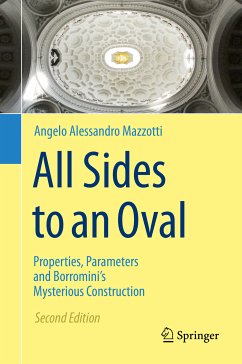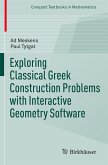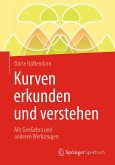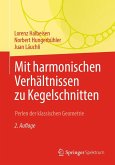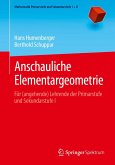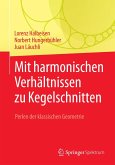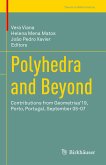"Angelo Mazzotti's All Sides to an Oval is a fundamental book for anyone working with oval forms from the point of view of the geometric control of the shapes." (Nexus Netw J)
"We think that the reader, whatever his or her academic background, will enjoy the logical sequence of the reasoning, the drawings, and the clarity of language in this book." (The Mathematical Intelligencer)
This is the second edition of the only book dedicated to the Geometry of Polycentric Ovals. It includes problem solving constructions and mathematical formulas. For anyone interested in drawing or recognizing an oval, this book gives all the necessary construction, representation and calculation tools. More than 30 basic construction problems are solved, with references to Geogebra animation videos, plus the solution to the Frame Problem and solutions to the Stadium Problem.
A chapter (co-written with Margherita Caputo) is dedicated to totally new hypotheses on the project of Borromini's oval dome of the church of San Carlo alle Quattro Fontane in Rome. Another one presents the case study of the Colosseum as an example of ovals with eight centres as well as the case study of Perronet's Neuilly bridge, a half oval with eleven centres.
The primary audience is: architects, graphic designers, industrial designers, architecture historians, civil engineers; moreover, the systematic way in which the book is organised could make it a companion to a textbook on descriptive geometry or on CAD.
Added features in the 2nd edition include: the revised hypothesis on Borromini's project for the dome of the church of San Carlo alle Quattro Fontane in Rome, an insight into the problem of finding a single equation to represent a four-centre oval, a suggestion for a representation of a four-centre oval using Geogebra, formulas for parameters of ovals with more than 4 centres and the case study of the eleven-centre half-oval arch used to build the XVIII century Neuilly bridge in Paris.
Dieser Download kann aus rechtlichen Gründen nur mit Rechnungsadresse in A, B, BG, CY, CZ, D, DK, EW, E, FIN, F, GR, HR, H, IRL, I, LT, L, LR, M, NL, PL, P, R, S, SLO, SK ausgeliefert werden.

